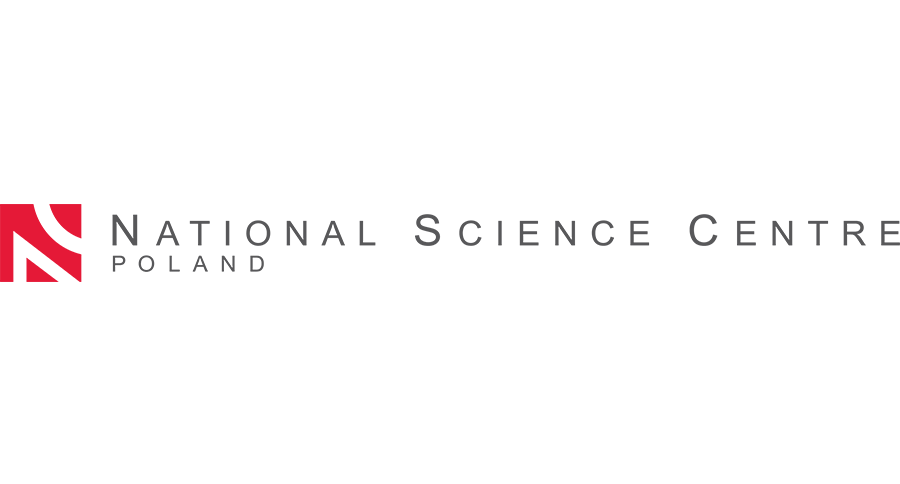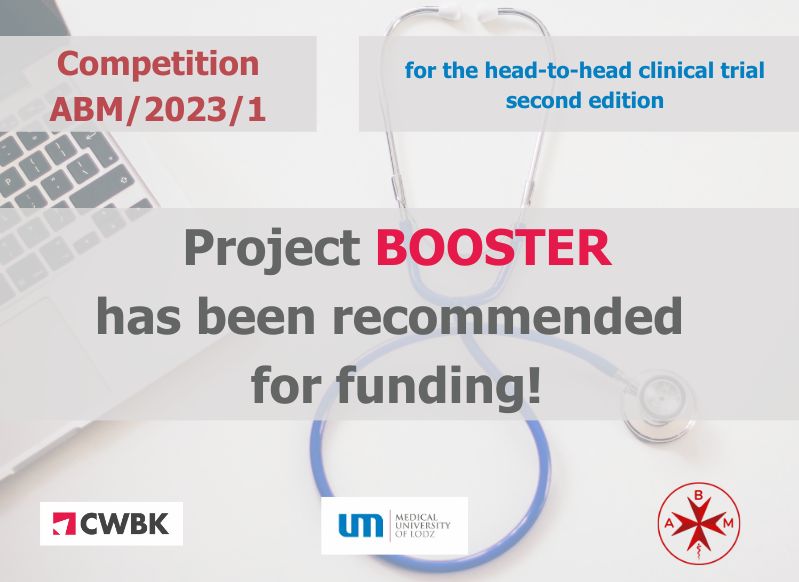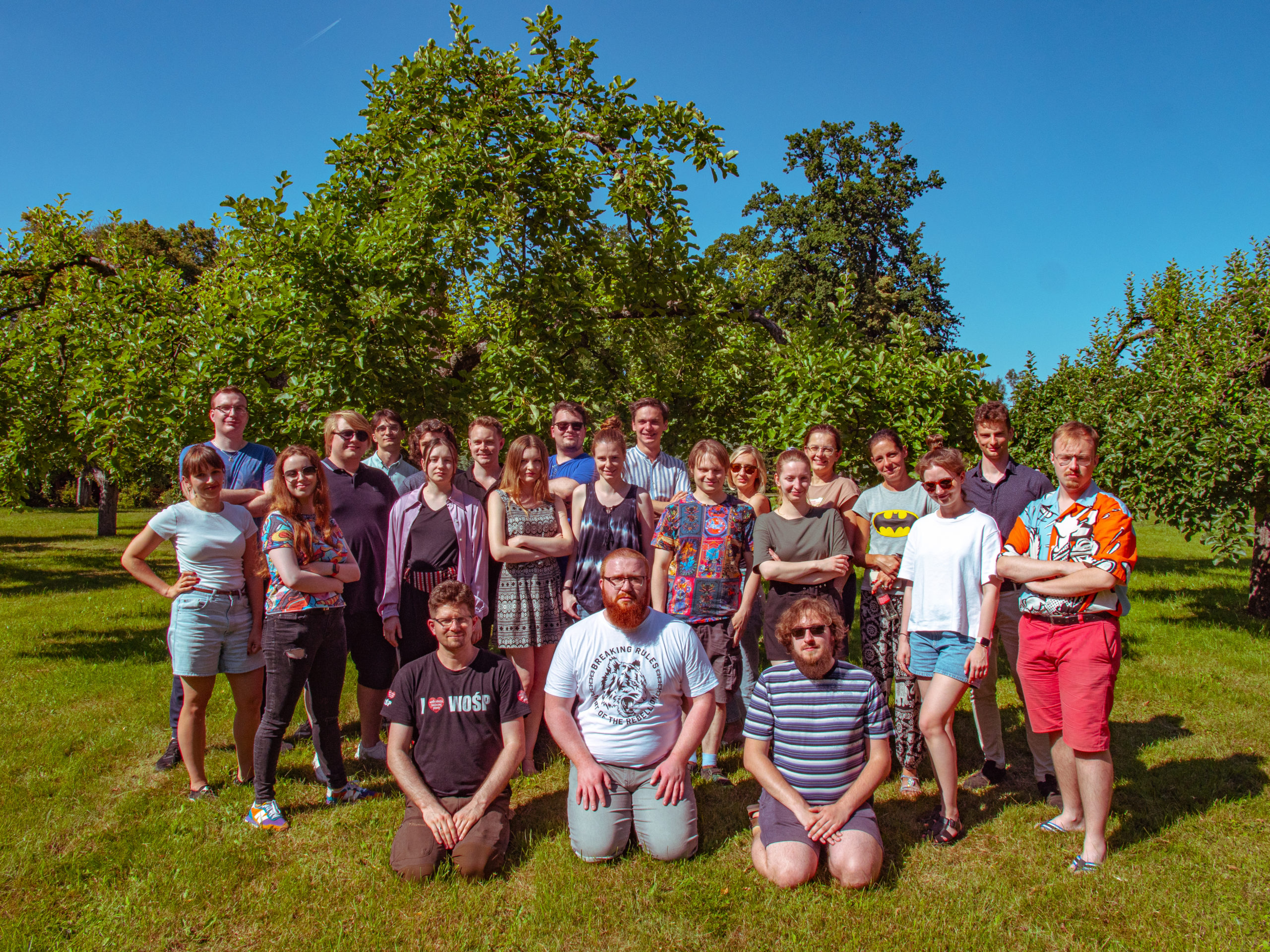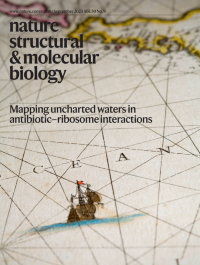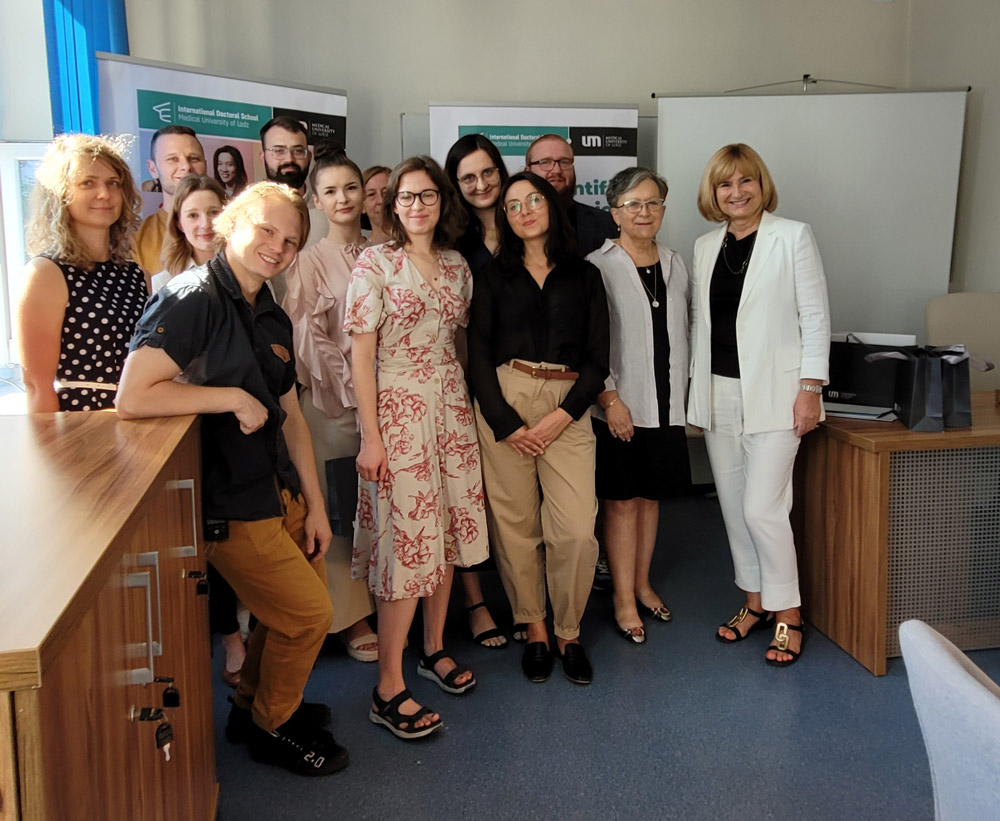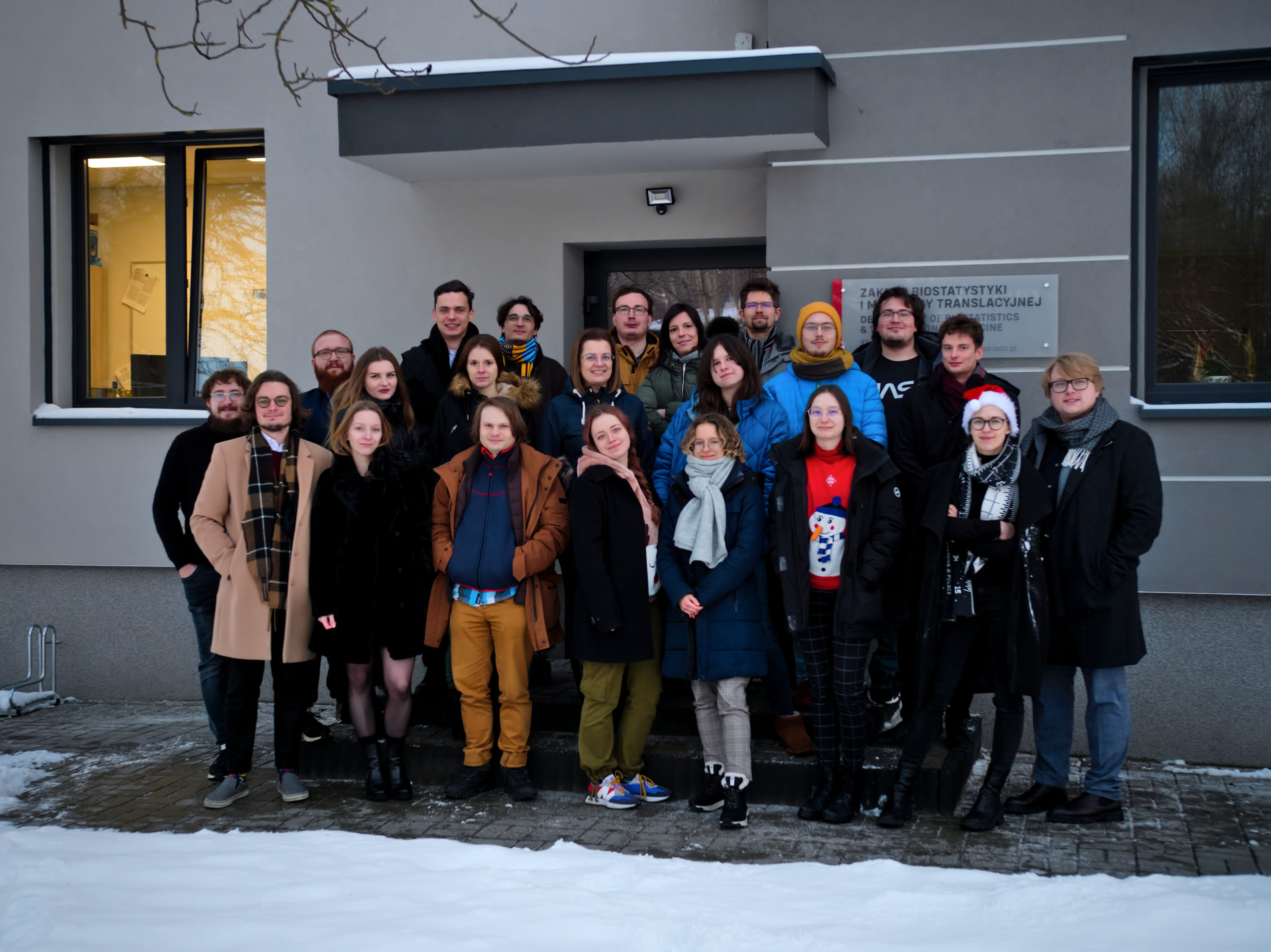Dr Stawiski joins ESTRO AI in RT Focus Group!
Dr. Konrad Stawiski has been elected as a member of the international working group focusing on artificial intelligence in oncological radiotherapy within the European Society for Radiotherapy and Oncology. Dr. Konrad Stawiski’s term will last for 3 years. The task of the working groups is to assist in developing clinical and technical guidelines, provide advice […]


